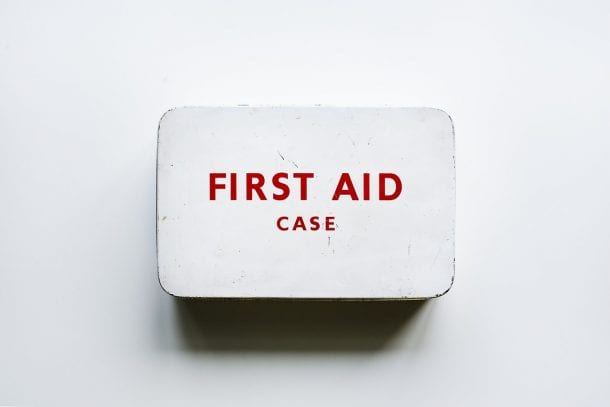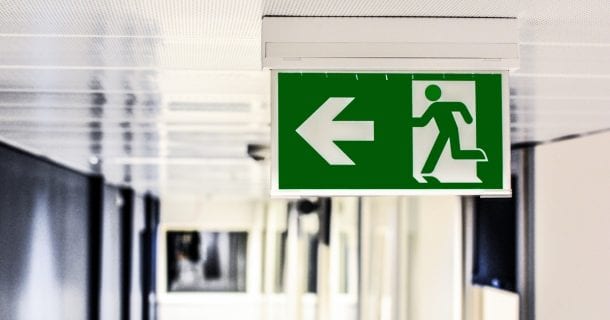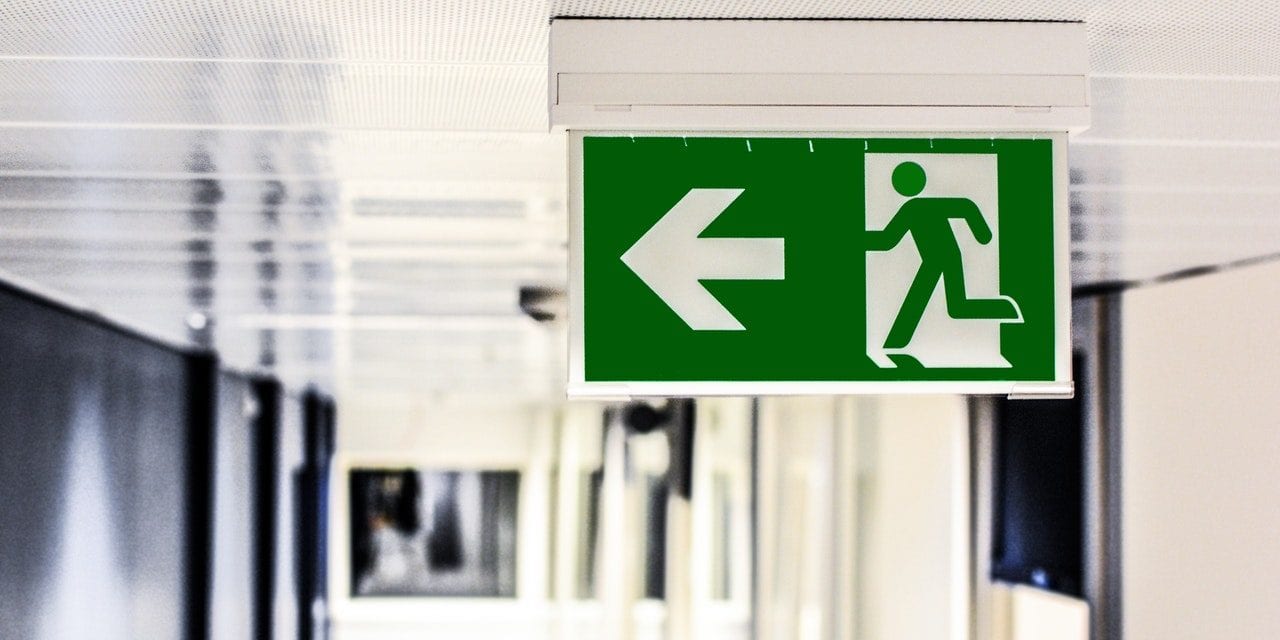
September is National Preparedness Month, and with hurricanes and wildfires being a potent threat across the nation, it could not have come at a better time. It’s major disasters like these that show us how important it is to be prepared for mother nature’s devastation. However, natural disasters such as tornados, floods, and hurricanes aren’t always the sole perpetrators which constitute an emergency. Transport accidents, oil spills, disease outbreak, and nuclear explosions are just a few examples of man-made disasters that can cause emergencies which threaten workers, customers, and the public. That is why it is crucial to understand workplace preparedness and the ways it can effectively benefit your business and employees when facing any of these natural or man-made disasters.
What can be done in advance of a natural or man-made disaster? (PREVENTION)
- Have an emergency preparedness plan in place. You can start by downloading this “Emergency Preparedness Checklist” from the American Red Cross.
- FEMA suggests that employers involve workers in emergency planning and practices.
- Employers should have an evacuation diagram with arrows clearly indicating all exit routes.
- For a more detailed list of procedures, employers can follow to ensure workplace safety, visit OSHA’s website here.
- Designate a responsible leader to guide employees through a disaster.
- Make sure that employees are provided and trained on PPE (personal protective equipment) operations.
What to do during an Evacuation (PROTECTION)
- Know your exits and how to get to them

- Stay calm and listen carefully to instructions over company intercom
- Do NOT use elevators
- Report to your designated meeting area
- Do not re-enter the building until directed to do so
- Keep an eye out for caution and danger tape as these are indicators of a potential hazard.
Handling the Aftermath (FOLLOW-UP)
- Revise your emergency preparedness plan as needed.
- Assist employees with any health services which may be needed after the event (i.e., health screenings)
- Train employees on best practices during a crisis.
- Participate in community clean-up efforts
- Donate to local charitable organizations for disaster relief. ( You can find a list of honest charities here)
Presco wants to ensure that homeowners, businesses, schools, and communities are aware of the many life-saving benefits associated with preparedness. For more information regarding occupational safety planning, visit the United States Department of Labor’s website here.

